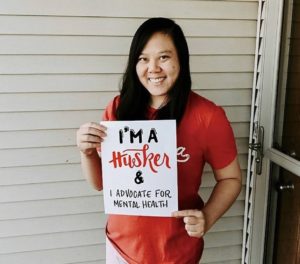 At Nebraska Is Home we know that vibrant communities are ones in which people from all different backgrounds respect and celebrate each other’s values and talents. In celebration of June Immigrant Heritage Month, we began sharing stories from some of the immigrants who bring vitality and passion to Nebraska. There are so many wonderful immigrants and refugees that call Nebraska home, that we’re continuing this series throughout 2020!
At Nebraska Is Home we know that vibrant communities are ones in which people from all different backgrounds respect and celebrate each other’s values and talents. In celebration of June Immigrant Heritage Month, we began sharing stories from some of the immigrants who bring vitality and passion to Nebraska. There are so many wonderful immigrants and refugees that call Nebraska home, that we’re continuing this series throughout 2020!
Meet Cassandra Leow, a proud immigrant from Malaysia who is currently pursuing her PhD at the University of Nebraska-Lincoln and providing mental health support to those impacted by COVID 19.
This blog is written by Nebraska Appleseed intern Abby Chan. Abby caught up with Cassandra for a fun interview and shares some of what she learned in this blog:
Cassandra Leow immigrated to the United States from Malaysia in August of 2016 to pursue higher education. At first, she was surprised and felt challenged by many things that were different from her hometown:
“Having a 13 to 14 hour time difference was a challenge; having previously spent all my time with family–even going to movies with them during the weekends– to being all by myself suddenly and not having much contact was incredibly difficult.”
But soon after starting school at the University of Nebraska-Lincoln (UNL), she began to find her second home. Cassandra felt welcomed by the community at UNL:
“Everyone was so thoughtful and welcoming. They were curious about my culture and did their best to understand it. During the holidays such as Thanksgiving or Christmas, they would reach out to me and invite me to join them, so I would not feel alone. It was then that I knew that I was going to be just fine in the US.”
Many UNL professors and staff gave Cassandra a home away from home, and she could not be more thankful. She also keeps her hometown traditions alive by celebrating with new friends in the U.S. and sharing her culture with them through finding local places that provide food, decorations, and items that make her home in Nebraska feel like Malaysia.
Cassandra is proud to be an immigrant as it not only gives her a different perspective on issues in her community, but also allows her to connect with a lot of people. The resilience that she gained through experience has pulled her in ways she never thought was possible.
Cassandra reflects on her years in Nebraska so far as a great learning experience. She has not only learned a lot academically, but also culturally and spiritually. She feels that she’s grown as a person and as a professional:
“The last time I spoke to my family and friends, they pointed out how different I was — which is a testament to my growth. As challenging and stressful as it has been, I wouldn’t change a thing! I continue to be grateful for the things I have learned and seize every opportunity presented to me.”
When faced with the COVID-19 pandemic, Cassandra recognized the severe effects it has on the mental health of her fellow community members and saw an opportunity to help. She joined 30 other local health professionals to set up a free service for people to safely talk about their fears and concerns, and to receive tips on how to deal with excessive amounts of stress.
“I love being able to help people by offering emotional support. I feel energized when I’m able to empower people to challenge themselves to make better choices and lead more meaningful lives.”
We thank you Cassandra for your willingness to share your story!
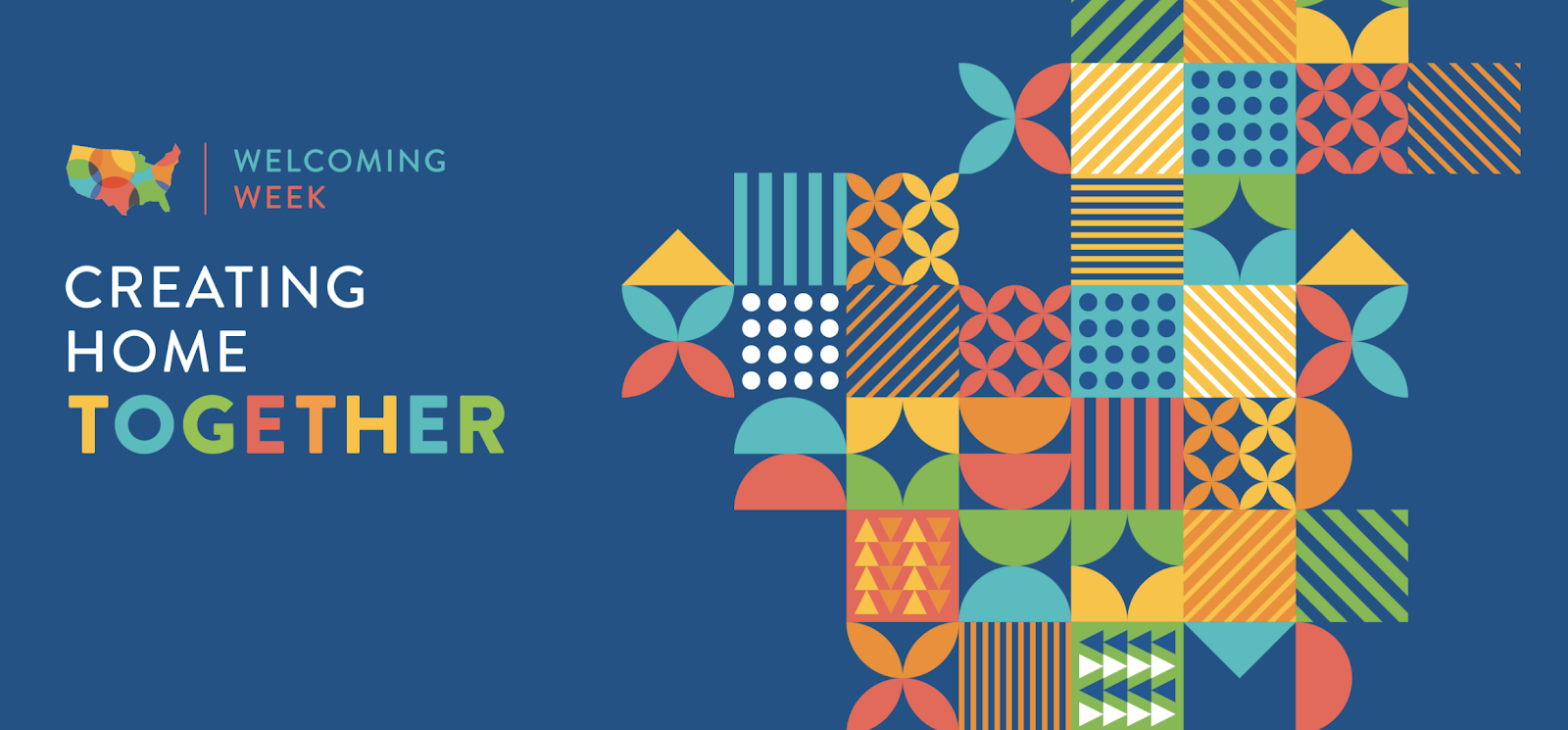 Cheers to a successful Welcoming Week!
Cheers to a successful Welcoming Week!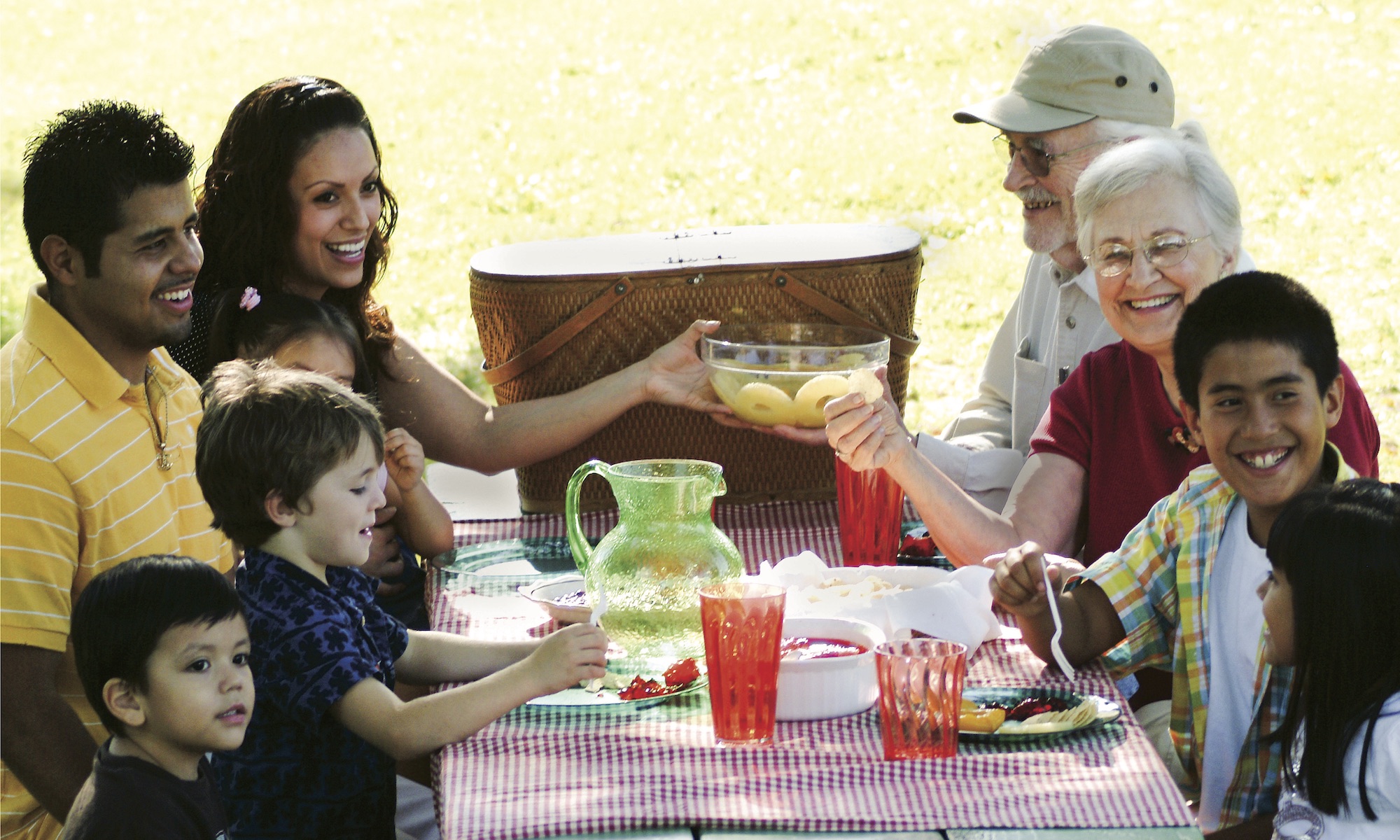
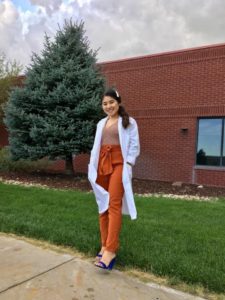 Haeler Paw, or as she prefers to be called Hae Paw,
Haeler Paw, or as she prefers to be called Hae Paw,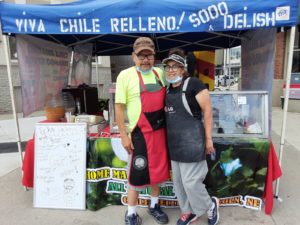 Patricia Vazquez Leyva and her husband Antonio de la Rosa own Durango Style, a food stand in Lincoln’s Haymarket. They immigrated to the United States at different times and their stories and experiences are different. Yet, they both immigrated to the United States to give their son the best education and opportunities.
Patricia Vazquez Leyva and her husband Antonio de la Rosa own Durango Style, a food stand in Lincoln’s Haymarket. They immigrated to the United States at different times and their stories and experiences are different. Yet, they both immigrated to the United States to give their son the best education and opportunities.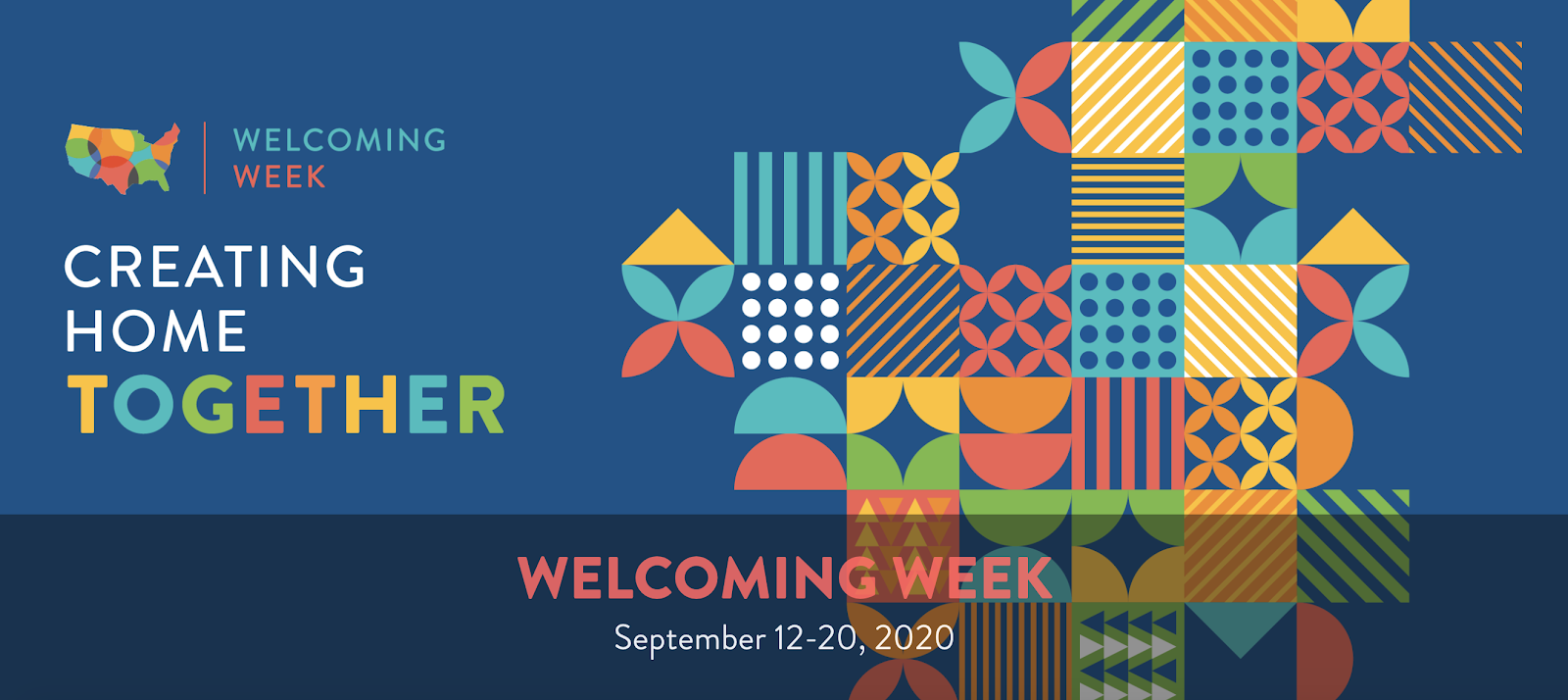

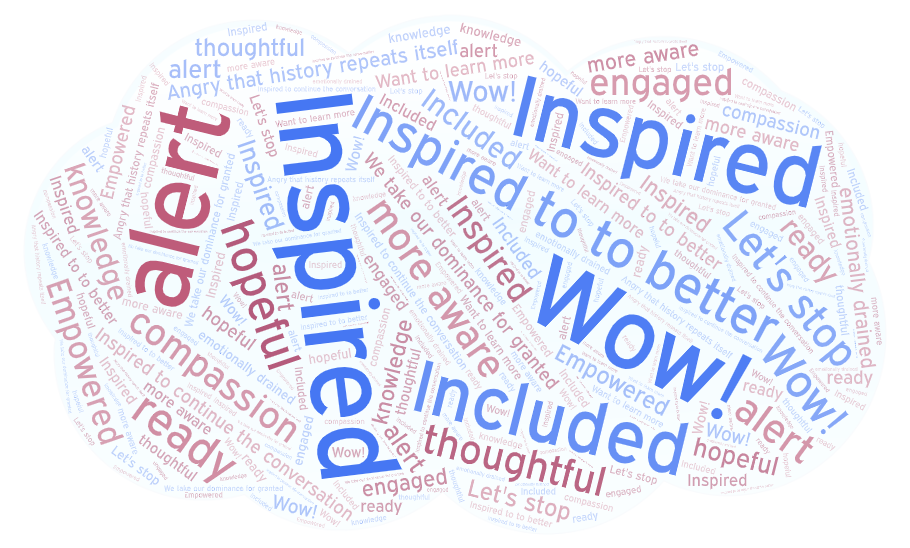
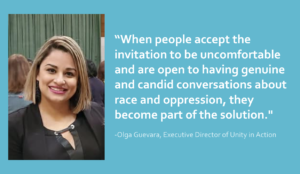 Olga Guevara, Executive Director of Unity in Action reflected on her experience at the event, noting:
Olga Guevara, Executive Director of Unity in Action reflected on her experience at the event, noting: At
At 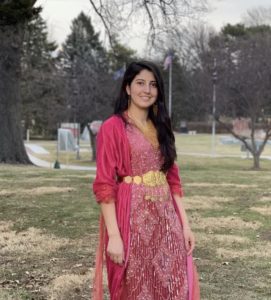 At
At 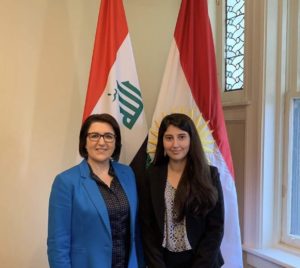 While juggling school and family time, Nibras also makes trips to speak at the United Nations and conferences all around the country. She advocates for girls’ education, creates projects and programs to help refugees in Nebraska to access higher education, and also helps refugee students in conflict zones. Nibras uses her voice to advocate for a change in the treatment and education for refugees. She aspires to help out the next generation.
While juggling school and family time, Nibras also makes trips to speak at the United Nations and conferences all around the country. She advocates for girls’ education, creates projects and programs to help refugees in Nebraska to access higher education, and also helps refugee students in conflict zones. Nibras uses her voice to advocate for a change in the treatment and education for refugees. She aspires to help out the next generation.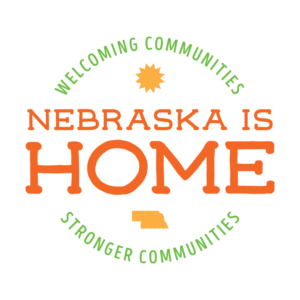 Lincoln, NE —
Lincoln, NE —